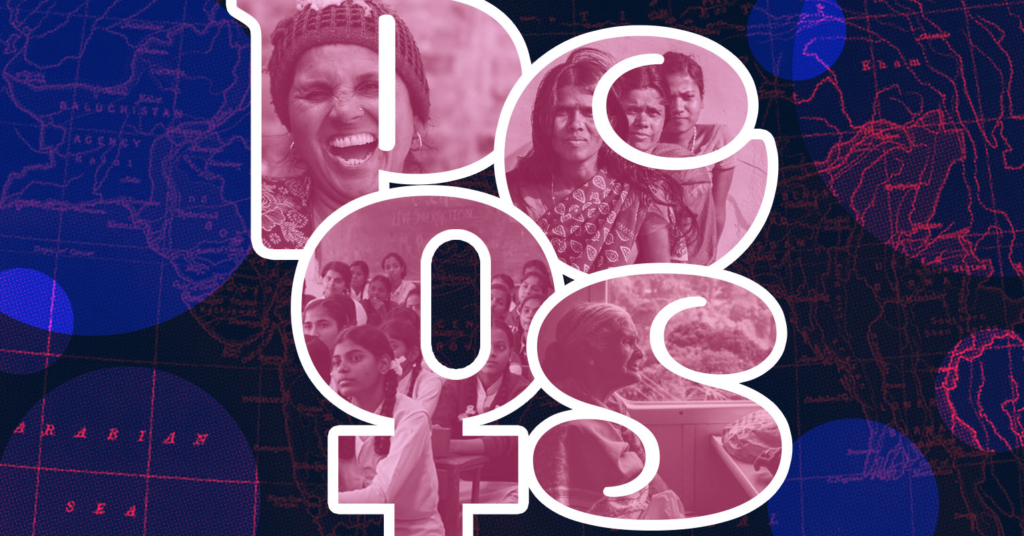Polycystic ovary syndrome, also known as PCOS, is an endocrine disorder with hormones that affect the ovaries of women of reproductive age. Common syndromes that come with PCOS include irregular menstrual cycles, dark discoloration of skin around the neck and groin, hirsutism, and ovarian cysts. Women with PCOS often develop serious health issues such as diabetes, cardiovascular disease, and depression.
Fertility is held highly by South Asians, but PCOS commonly affects fertility. Women often discover PCOS when they have issues with pregnancies, but symptoms can develop as early as when someone has their first period and can be hard to diagnose — and sometimes very unclear.
Research has found that over 50% of British South Asian women have PCOS, compared to 20% of white British women. 23% of South Asians have diabetes, much higher than other ethnic groups. Insulin resistance is directly linked to both disorders. While many medical professionals and researchers blame these health risks on South Asians’ lifestyle and food, colonialism has a huge impact on why the genetics of an entire subcontinent drastically changed.
The British invaded and colonized the Indian subcontinent for nearly 90 years, stealing $45 trillion dollars. The British empire imposed life threatening policies, including an unequal distribution of rice where an estimated 3 million people died from malnutrition. This malnutrition has created multigenerational mental and physical trauma. According to Dr. Mubin Syed, South Asians are starvation adapted since they have survived over 30 famines in one century alone. With an unreliable food source, the bodies of multiple South Asian generations have had to adapt to store fats for long periods of time to survive.
“While many medical professionals and researchers blame these health risks on South Asians’ lifestyle and food, colonialism has a huge impact on why the genetics of an entire subcontinent drastically changed.”
As the world globalizes, South Asian immigrant women in urban environments are diagnosed daily. The rapid difference in lifestyle and adjustment to unhealthy fast food, sedentary careers, and abnormal sleeping patterns are contributing factors to PCOS and insulin resistance. “In the modern era of abundance, it becomes an evolutionary mismatch. Our adaptation to scarce food availability is no longer suitable for our environment of food abundance,” Dr. Syed says.
History gives us a chance to reflect on why we are where we are and understand the future. It’s vital we take it upon ourselves to comprehend how colonization still affects South Asian women today and finding solutions on how to coexist with history.
Interested in learning more about personal health? Check out this mental health EnVi article here!




